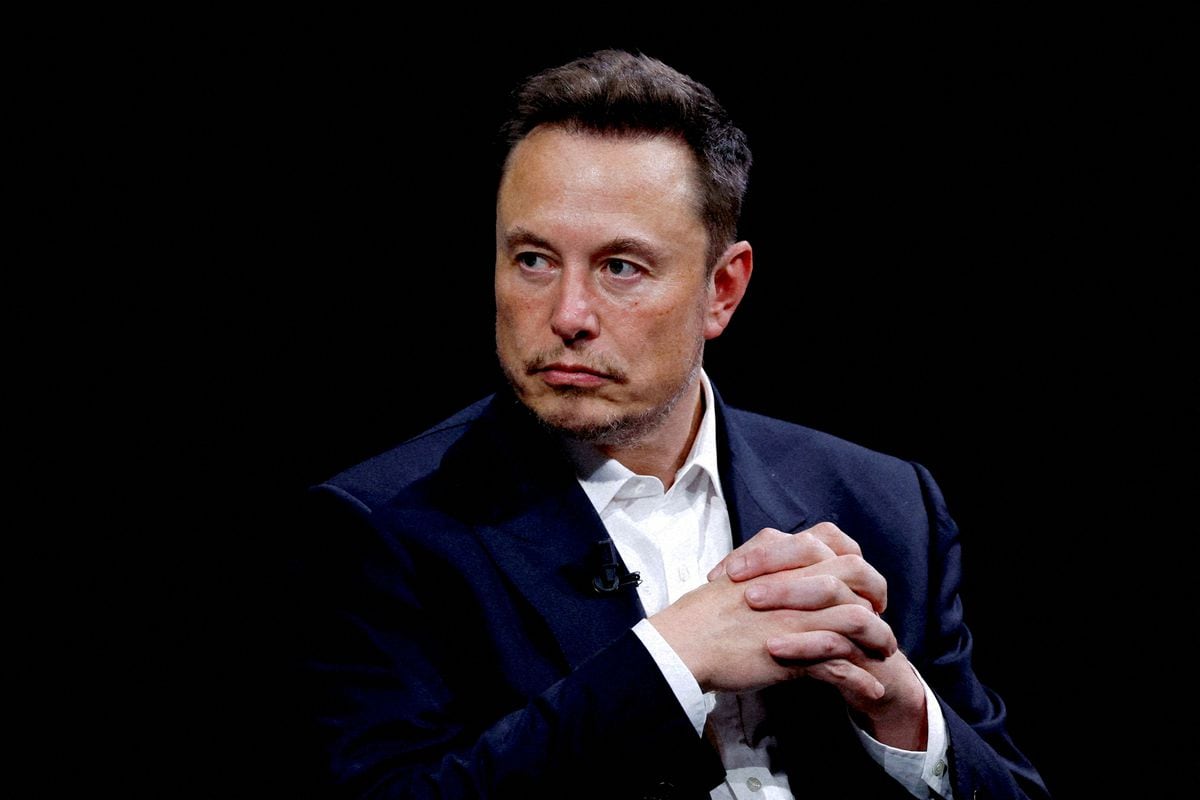Enlarge image
Will cheap diesel soon become more expensive?
Photo: Florian Gaertner / picture alliance / photothek
The coalition agreement was hardly signed when a first dispute broke out between the traffic light parties.
If diesel costs more at the filling station in the future, the vehicle tax for the diesel engines should fall, said the designated Transport Minister Volker Wissing: "The FDP will take care of that."
Big excitement.
According to the Federal Environment Agency, half of the climate-damaging subsidies go to traffic, but the successor to Andreas Scheuer (CSU) wants to lower the vehicle tax first?
That was not well received by climate protection activists, but it was by many drivers.
The debate escalated quickly on social media, and it went haywire.
Above all, the tenor and timing of the speech were probably what provoked many Greens.
The transport turnaround was not mentioned in the coalition agreement, the Ministry of Transport was left to the FDP, and the car remains at the center of transport policy.
And so frustration discharged in all who hoped for progress.
In fact, when it comes to diesel, the coalition agreement allows for some interpretation.
The wording on page 162 reads: "With the implementation of the EU Energy Tax Directive, which provides for the tax harmonization of diesel fuel and petrol, we will
review
the tax treatment of diesel vehicles in the vehicle tax
."
This relates to a proposal by the European Union that taxes on diesel and petrol should be roughly the same.
So far, diesel has cost significantly less than petrol at the filling station, but the vehicle tax on diesel is higher in Germany.
So if one is aligned, the other should also be aligned.
So what Wissing said is not entirely illogical.
Above all, the Greens are still angry.
But the coalition agreement is vaguely worded, the key words are
if
and
check
.
That can mean two things: We argued about it and didn't reach an agreement.
Or else: We are postponing the answer to the question into the future, in any case we are not touching the topic in this legislative period.
We'll just burn our fingers.
The swirl on paper allows for many interpretations, which is why everyone is somehow right.
"The coalition agreement only contains an inspection order, but not an order to lower the vehicle tax," said Baden-Württemberg's Transport Minister Winfried Hermann (Greens).
That is just as true as Volker Wissing's sentence is true.
The traffic light flashes in all directions
To make the chaos perfect, the future Chancellor Party, the SPD, brought a new variant into play. "The coalition agreement does not provide for taxes on diesel fuel to be increased," said SPD parliamentary group vice-president Achim Post. Only
if
the levies on diesel fuel rise is it planned that the vehicle tax will be checked. Not wrong either - but an affront to the Greens, who assume that the diesel tax will rise.
Because diesel costs almost 20 cents less than petrol per liter because of the lower taxes at the petrol station.
This discount is called the diesel privilege and is classified by the Federal Environment Agency and most traffic experts as a climate-damaging subsidy.
It increases the incentive to drive a lot.
The more CO₂ diesel drivers emit, the greater their - relative - financial advantage.
Whether it is worthwhile for the individual to drive a diesel depends on how many kilometers he or she covers in the car each year and with which model.
The higher vehicle tax - the basic amount, so to speak - is offset by the discount at the petrol station above a certain mileage.
From this point on, however, the financial advantage increases with every kilometer driven.
According to the ADAC, no “general rule” can be drawn up according to which a diesel is cheaper than a gasoline engine.
Diesel is more expensive to buy than gasoline, and also for vehicle taxes, but everything else depends on whether you travel 10,000 kilometers or 20,000 kilometers per year.
It depends on "the model, annual mileage, acquisition and running costs as well as the depreciation", according to the automobile club.
The problem:
Since diesels usually drive long distances and have also been increasingly installed in heavy SUVs in recent years, the climate balance of the better tax position is bad.
From the point of view of experts, however, diesels are not only harmful to the climate.
Above all, high earners benefit from the financial advantages.
"The status quo of our current mobility system is socially unbalanced in many areas," says a study by the Öko-Institut, for example.
"The vehicle tax could be differentiated more strongly for newly registered cars according to CO2 emissions." The more greenhouse gas a car emits, the higher the tax should be.
But it would be even more possible: so-called bonus-malus systems are widespread in Europe: the higher the CO2 emissions, the higher the taxes when buying a car.
Less CO₂ means lower taxes.
In the Netherlands, for example, a fuel-thirsty XXL SUV costs 20,000 euros more when bought.
This is also why Germany is doing so badly in the new car carbon footprint - in last place in Europe before the corona crisis.
But that has not only to do with the diesel discount.
The entire tax system is considered to be in need of reform.
This also includes, for example, the commuter allowance and the so-called company car privilege.
But the problem can hardly be solved solely through diesel taxes.
When it comes to studies of how emissions from the transport sector could decrease by 2030, there is a lot of talk about commuter allowances and company car privileges.
Above all, higher income groups benefit from them.
And the higher the CO2 emissions, the greater your financial advantage.
These are self-reinforcing mechanisms.
Scientists are therefore calling for a comprehensive overhaul of the tax system for cars.
Instead of just increasing diesel taxes, a major reform is needed.
The more climate-friendly, the cheaper.
The higher the CO2 emissions, the more expensive.
To put it simply: take a look at what other countries in Europe have been doing for a long time.
In the coalition agreement, however, there is practically nothing of this.












